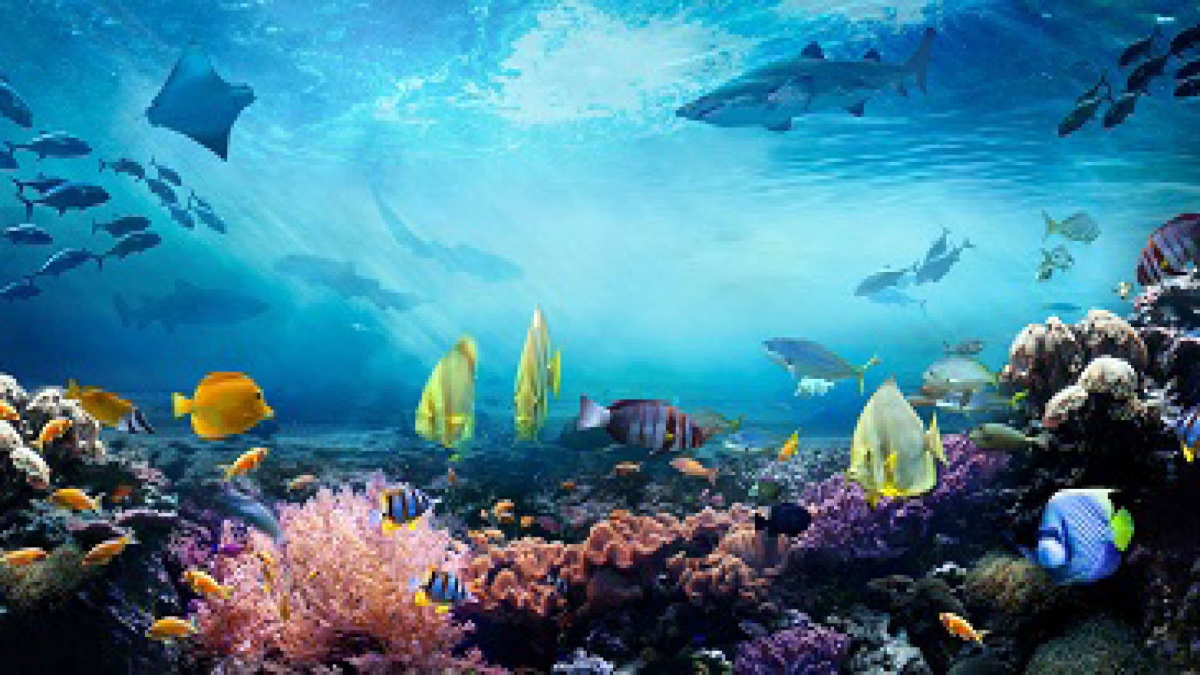“Hundreds of dead fish washed up on the shores of Juhu beach”, “Under oxygenated rivers affecting the livelihood of fishermen”: these are just a few examples of headlines we have seen reported in recent years.
Although the occurrence of such calamities can be traced back to problems dating as far back as the 1960’s, it is only in contemporary times that people have begun to witness and pay heed to the true effects of environmental degradation. Warm water temperatures and low levels of dissolved oxygen in water bodies have led to a steady decline in existing marine life. The discharge of organic and inorganic industrial waste and other effluents into rivers has come to deeply affect fish and other aquatic creatures. Many fishes are even injured in the debris.
Studies show that water pollution causes diseases such as fin and tail rot, hyperplasia, ulceration, gill disease, liver damage and neoplasia in fishes. This, in turn, can lead to health problems amongst humans who consume contaminated fish. Fish is a good source of protein and an important contributor to the human diet. It keeps the heart and brain healthy. It also helps prevent diseases like malaria and yellow fever which are spread by mosquitoes. Fish are also rich in two important minerals: iodine and selenium. And lastly, they are also important sources of income and employment in many developing regions across the world.
In 2016, an estimated 91 million tonne of fish were captured. Overfishing, known to negatively affect aquatic life, can impact entire ecosystems too. It can change how fast the fish matures and reproduces. When a bulk of fish is taken out of the ocean at once, it creates an ecological imbalance which erodes the food web and leads to the loss of many other marine animals that are dependent on fish for their survival. In the past, fishing used to be a sustainable activity. Fishermen did not have the resources or the technology to traverse deep waters. But today, deep water fishing is a multimillion dollar industry.
We are misusing our technology by overexploiting the oceans. Moreover, we are destroying entire ecosystems with our destructive practices. For example: the population of Bluefin tuna is now at 2 to 3 percent of its original level during the mid-20th century. Tuna shoals could recover if a central part of the ocean remains off-limits. Marine biologist, Daniel Pauly, believes there should be a global ban on fishing on the high seas. These international waters include all parts of the ocean that are 200 miles or more away from sovereign land. That’s about 58 percent of the ocean›s surface! Pauly believes the ban will restore about two-thirds of the world’s oceans, allowing fish stocks to rebuild without affecting fisheries that belong to less developed coastal nations. If implemented, this ban has the potential to raise the value of the world’s fisheries by 13 billion dollars.
Although the pandemic has upended our lives as humans, nature is just beginning to see the stages of recovery for the first time since the early 90’s. Noninterference has provided fishing grounds with much needed respite from years of overfishing. Commercial fishing has slowed down due to Covid-19. Fishes have begun to display changes in behavioural patterns. Pauly’s colleagues in China have even reported that the decrease in fishing boats has led to smaller fish appearing on the ocean surface and predators becoming more active. Perhaps the pandemic did have a silver lining after all.










